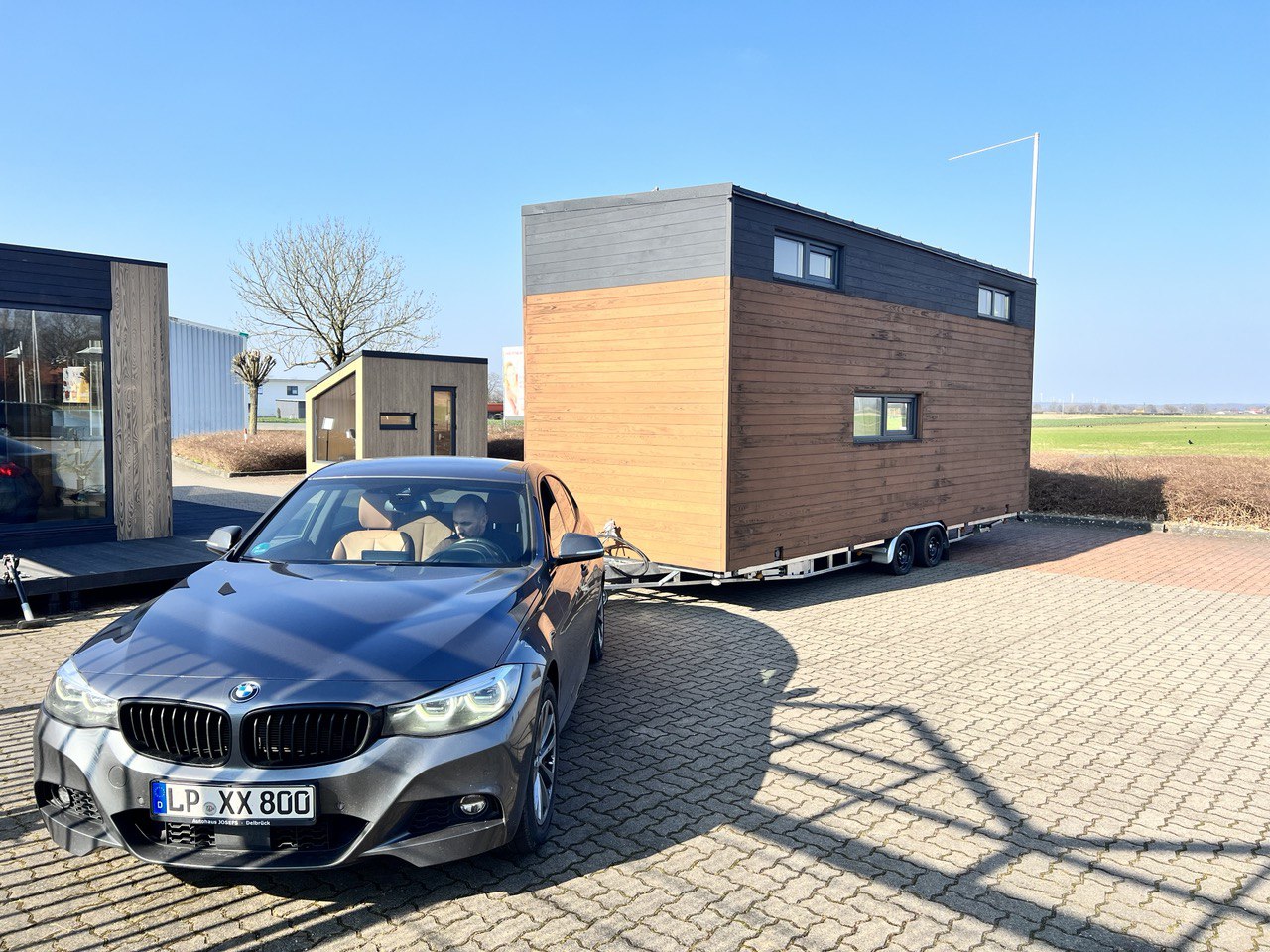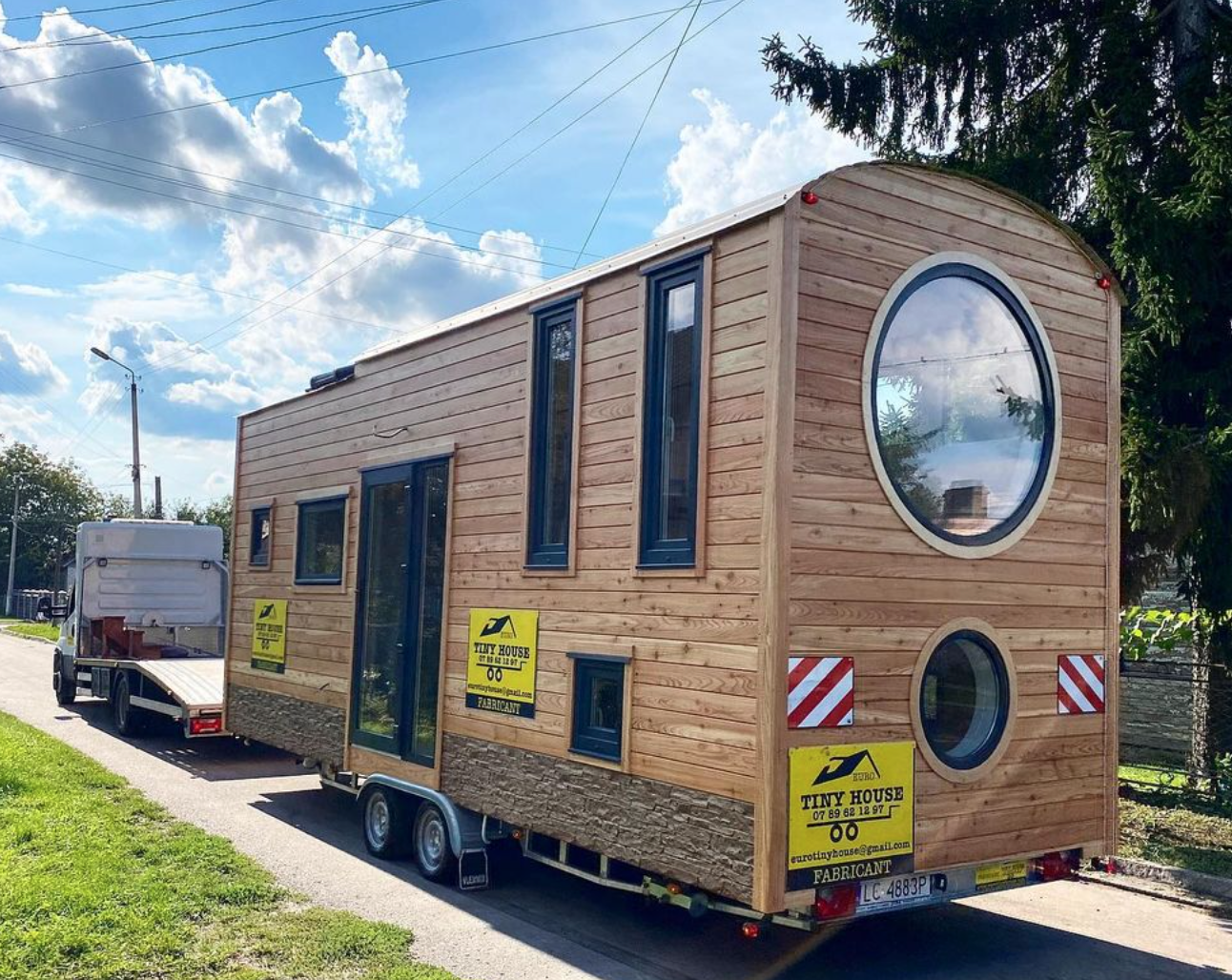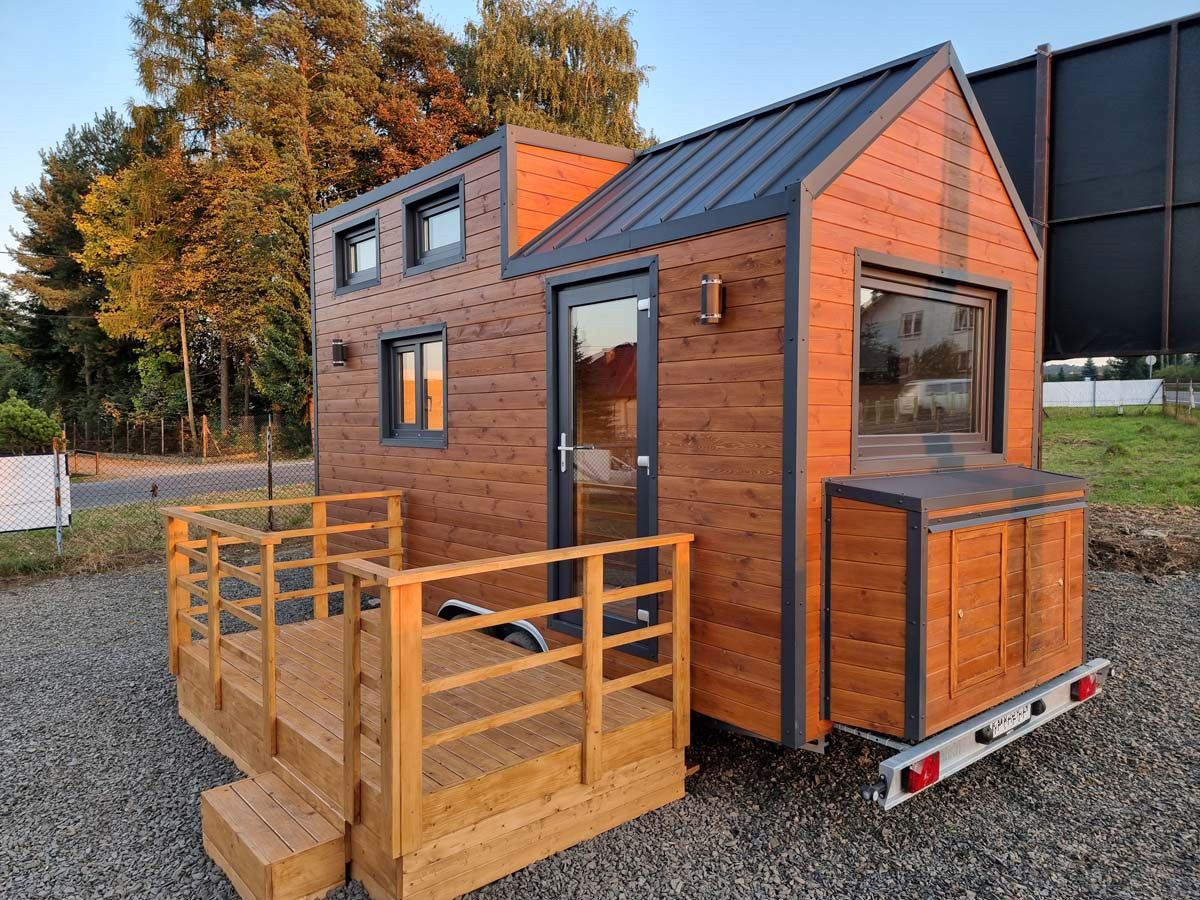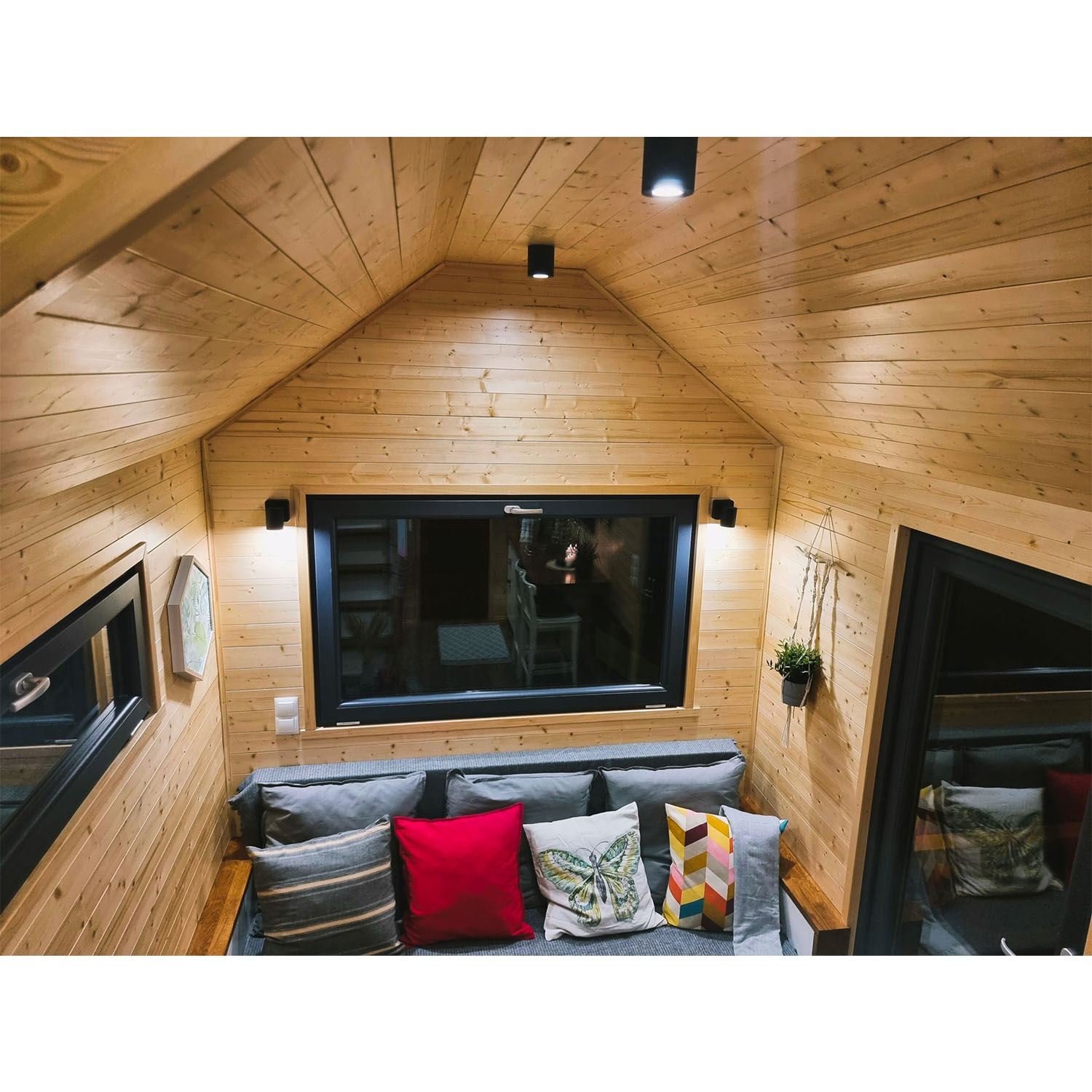24/03/2024
Barrier-free and comfortable: modular homes for people with special needs
Adaptation Options for Modular Homes
Accessible Modular Homes: Comfortable Living for People with Disabilities
Accessibility is not just a matter of entry, but also of quality of life for people with disabilities. Modular homes allow for the elimination of structural barriers and create an environment that grants unrestricted access. In addition to wide doors and ground-level entrances, special ramps can also be installed to overcome height differences. In addition to complying with DIN standards and guidelines for accessible construction, individual customizations can be made to meet the specific needs of individual residents. Considering details such as door handles, light switches, and window heights ensures a high level of comfort and usability.
Tailored Solutions: Modular Homes for People with Special Needs
Safety and Well-being: Comfortable Living in Modular Homes
Advantages of Modular Homes
- Speed and Flexibility: Modular homes are characterized by their short construction time and flexible expandability. Due to the prefabricated components, they can be assembled and occupied within a very short period. This is particularly advantageous when quick action is required to meet individual needs or to respond to changing life situations.
- Sustainability and Energy Efficiency: Sustainability plays an increasingly important role in the construction industry. Modular homes can be built with environmentally friendly materials and offer the opportunity to integrate energy-efficient technologies. Efficient insulation, solar energy, and smart heating and ventilation systems can reduce operating costs and environmental impact.
- Cost-Effectiveness: Compared to conventional construction methods, modular homes can be more cost-effective. The efficient use of resources, shortened construction time, and modification possibilities often lead to lower overall costs. This makes them an attractive option for people with special needs looking for a high-quality housing solution at an affordable price.




